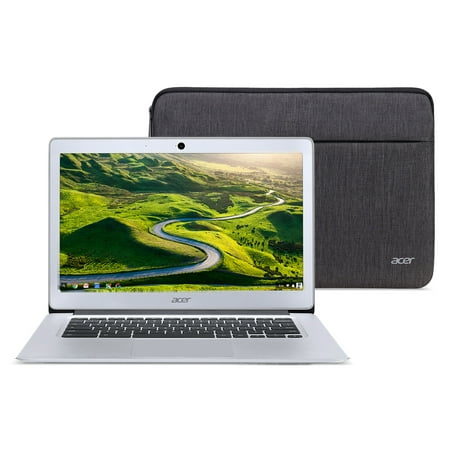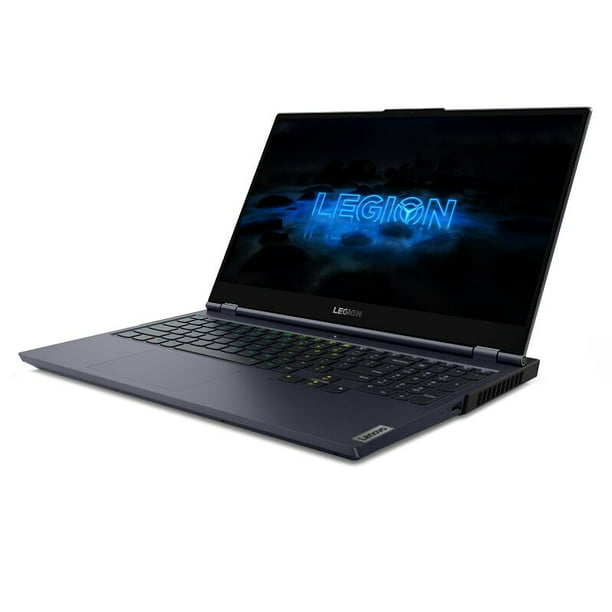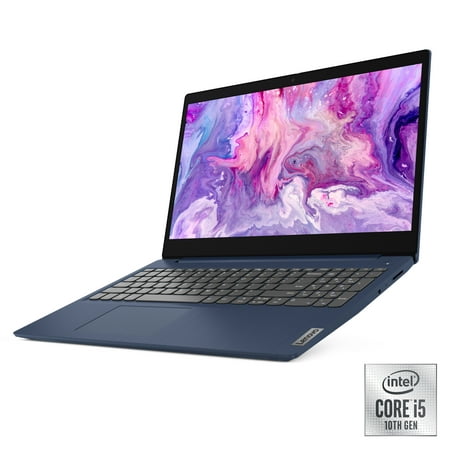Apple 13” MacBook Air, Intel Core i5, 8GB RAM, 128GB SSD + Case – Refurbished
Intel Core i5 1.6GHz dual-core processor. 128GB SSD (solid state drive). 8GB of 1600 MHz LPDDR3 RAM. Integrated Intel HD Graphics 6000. 13.3″ LED-Backlit Glossy Display. 1440 x 900 Native Resolution. 802.11ac Wi-Fi, Bluetooth 4.0. USB 3.0, Thunderbolt 2.
The ultra-efficient architecture of the Apple 13” MacBook Air was designed to use less power and still deliver high performance. This means not only can you do whatever you want — you can keep doing it for longer than before. In addition, the Intel HD Graphics 6000 processor offers advanced performance of games and other graphics-intensive tasks. With a Thunderbolt 2 port twice as fast as the previous generation, you can connect your MacBook Air to the latest devices and displays, like the Apple Thunderbolt Display. It also comes equipped with two USB 3 ports so you can connect the latest USB 3 devices and all your USB 2 devices as well. With just a few connections, MacBook Air transforms from an ultra-portable notebook to a complete workstation.
- Intel Core i5 1.6GHz dual-core processor
- 128GB SSD (solid state drive)
- 8GB of 1600 MHz LPDDR3 RAM
- Integrated Intel HD Graphics 6000
- 13.3″ LED-Backlit Glossy Display
- 1440 x 900 Native Resolution
- 802.11ac Wi-Fi, Bluetooth 4.0
- USB 3.0, Thunderbolt 2
- 720p FaceTime HD Camera, SDXC Card Slot
- Mac OS X El Capitan or macOS Sierra
- Updates to current macOS
- Includes a case and MagSafe-compatible charger
Additional information
| What's in the Box? | Apple 13” MacBook Air, Intel Core i5, 8GB RAM, 128GB SSD |
|---|






Reviews
There are no reviews yet.